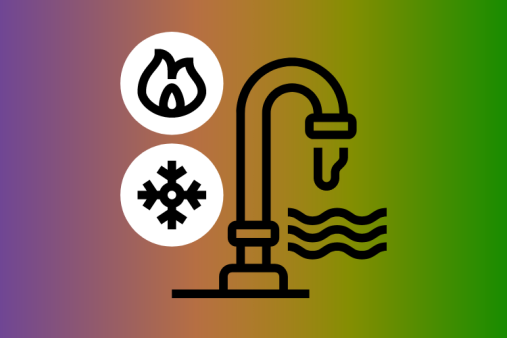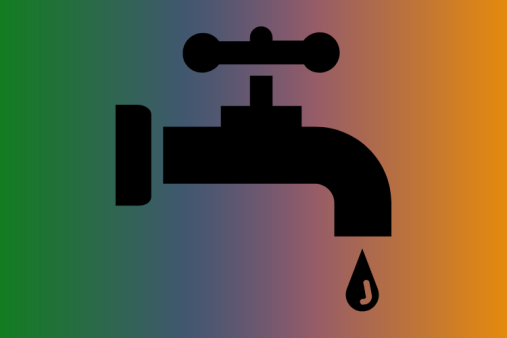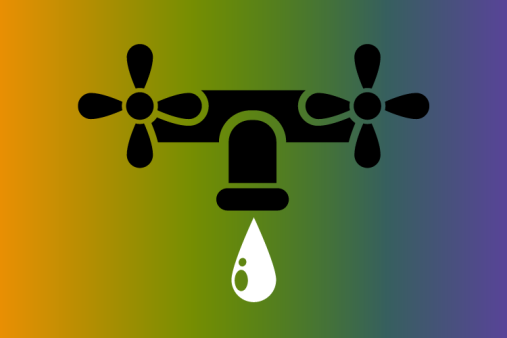The Cost of Replacing Taps for UK Homeowners: A Comprehensive Guide
Replacing taps is a common home improvement task for many UK homeowners. Whether it’s refreshing a dated look, fixing a dripping tap, or upgrading to a more efficient model, understanding the costs involved is crucial for budgeting and planning. This article breaks down the cost of replacing taps in the bathroom, kitchen, and garden, exploring the factors that influence pricing and the differences between replacing existing taps and installing new ones in entirely new sinks or baths.
1. Bathroom Tap Costs
Bathroom taps come in various styles, from classic designs to modern mixer taps, and the costs reflect this diversity. Here’s a breakdown of the factors influencing bathroom tap replacement costs:
Cost of the Tap Itself:
- Budget Range: Basic bathroom taps can cost as little as £20-£50.
- Mid-Range: Higher-quality options with more advanced features (e.g., waterfall spouts or ceramic disc technology) typically range between £50-£150.
- Luxury Models: Designer or branded taps, such as those by Grohe or Hansgrohe, can cost upwards of £150, sometimes reaching £500 or more.
Labour Costs for Replacing Existing Bathroom Taps: If the plumbing setup is already in place, the cost to replace an existing tap is relatively low. A professional plumber typically charges between £50-£80 per hour. Replacing a single tap may take 1-2 hours, resulting in a labour cost of around £50-£160.
Installing New Bathroom Taps in a New Sink or Bath: Installing taps in a newly installed sink or bath is more complex. It may require additional plumbing work, such as fitting new pipes, which can increase costs. Expect to pay between £150-£300 for labour, depending on the complexity of the job and the number of taps being installed.
Additional Factors:
- Wall-mounted taps are generally more expensive to install than traditional deck-mounted taps, as they require more extensive plumbing.
- The removal and disposal of old taps may add £20-£50 to the overall cost.
2. Kitchen Tap Costs
The kitchen tap is a workhorse in the home, and upgrading or replacing it can improve both functionality and aesthetics. Kitchen taps tend to cost slightly more than bathroom taps due to their size and features.
Cost of the Tap Itself:
- Budget Range: Basic kitchen taps start at £25-£60.
- Mid-Range: Standard mixer taps with additional features such as pull-out spray heads typically cost between £60-£200.
- Luxury Models: High-end models, including boiling water taps or touchless sensor taps, range from £200-£800 or more.
Labour Costs for Replacing Existing Kitchen Taps: Replacing an existing kitchen tap is usually straightforward if the current plumbing is in good condition. Expect to pay a plumber between £60-£100 for a 1-2 hour job.
Installing New Kitchen Taps in a New Sink: When fitting a new sink along with a new tap, costs increase due to the additional labour involved. The total installation cost can range from £200-£500, especially if new pipework or a waste disposal unit is required.
Additional Factors:
- Boiling water taps (e.g., Quooker) require electrical connections and additional installation time, adding £50-£100 to labour costs.
- Undermount sinks may complicate tap installation, increasing labour costs by £20-£50.
3. Outside Garden Tap Costs
Garden taps, also known as outdoor taps or bib taps, are essential for watering plants, washing cars, or filling paddling pools. Installing or replacing a garden tap is generally more affordable than interior taps.
Cost of the Tap Itself:
- Basic Garden Tap: A standard outdoor tap costs between £10-£30.
- Premium Models: Frost-resistant or self-closing garden taps can cost £40-£60.
Labour Costs for Replacing Existing Garden Taps: Replacing an outdoor tap is a simple task for most plumbers, with labour costs ranging from £40-£80. The job typically takes under an hour.
Installing a New Garden Tap: If no existing tap is in place, installing a new garden tap involves running pipes from the nearest water supply, often the kitchen. This increases costs significantly:
- Materials: Additional piping and connectors can cost £20-£50.
- Labour: Installation costs range between £100-£200, depending on the distance to the water supply and the complexity of the work.
Additional Factors:
- Frost-proof installations or insulating the pipes can add £20-£50 to the total cost.
- Some councils require a backflow prevention device, which may cost an additional £10-£20.
Factors Influencing Tap Replacement Costs
Several variables can impact the overall cost of replacing or installing taps:
1. Tap Type and Features: Premium taps with advanced features such as touchless operation, boiling water capabilities, or integrated water filters naturally cost more to purchase and install.
2. Labour Rates: Labour costs vary depending on location. In London and the South East, rates can be 20-30% higher than in the North of England or Wales.
3. Accessibility: Difficult-to-access installations, such as under a deep kitchen sink or behind a tiled wall, increase labour time and costs.
4. Additional Plumbing Work: Older homes with outdated plumbing may require pipe upgrades or adjustments, adding £50-£200 to the project.
5. Removal and Disposal of Old Fixtures: Many plumbers charge extra to remove and dispose of old taps, typically adding £20-£50 to the bill.
6. DIY vs. Professional Installation: While some homeowners may attempt to replace taps themselves to save money, professional installation ensures compliance with UK plumbing standards and reduces the risk of leaks or damage.
Final Thoughts
The cost of replacing taps for UK homeowners varies widely depending on the type of tap, the complexity of the installation, and whether it involves a simple replacement or a new setup. Budgeting between £50-£200 for basic replacements and up to £500 or more for new installations is a good starting point. Investing in professional plumbing services ensures the job is done safely and efficiently, offering peace of mind and long-term value.
Whether you’re upgrading a dripping bathroom tap, modernising your kitchen, or adding a convenient outdoor tap, understanding these costs will help you make informed decisions and keep your home’s plumbing in top condition.





